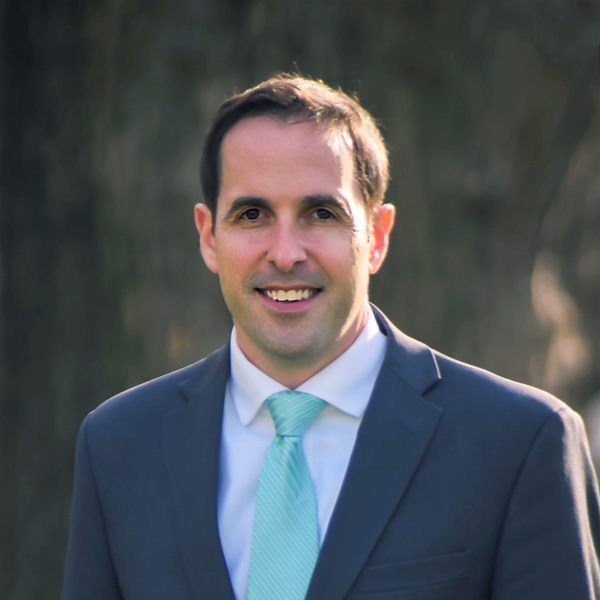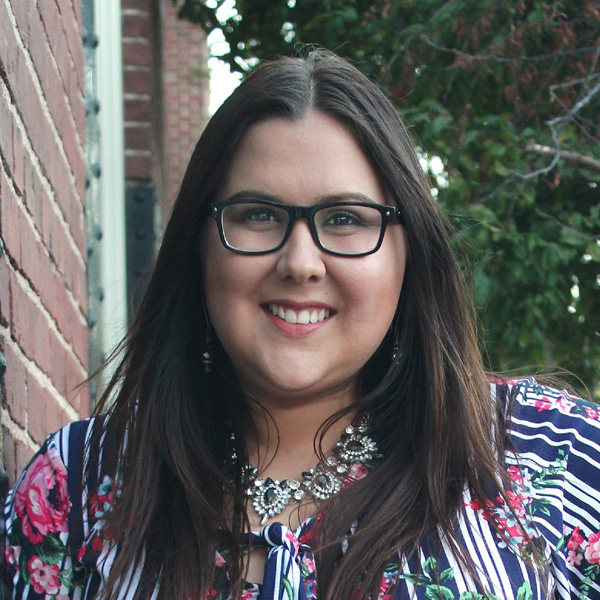Unprecedented. It’s the word most likely to be used (and overused) to describe 2020.
For ecosystem builders and entrepreneurs across the globe, this year has presented unique challenges — from health and safety regulations changing the way we operate to economies in recession.
But along with the challenges come new opportunities. Every entrepreneur knows that when the status quo breaks, someone needs to be there to help people transition to what’s next.
That’s why we reached out to some of our favorite rural ecosystem builders and get their take on what’s going on across rural areas in the United States.
We asked them two questions.
- What is the biggest opportunity or challenge your organization sees, in this particular moment in time?
- What advice would you give to our communities to help them either take advantage of this opportunity or thrive despite the challenge?
So without further ado, we’ll let four of them take it away.
Melissa Bradley, Co-founder at Ureeka

This likely comes as no surprise, but the biggest challenge we’re seeing right now is the impact of COVID-19 and the need for businesses to pivot.
While this new reality has greatly affected the small business community, they are resilient and are turning this challenge into an opportunity by redefining their business to not just survive the economic downturn, but thrive during it.
The best action to take during this time is to identify what your ‘gaps’ are. This includes answering questions like:
- Which parts of the business have been negatively impacted?
- Which parts can be maintained or grown?
- What challenges do I have with my suppliers?
When you can identify and understand your ‘gaps’ you can build a plan to fill them.
A great example of this is pivoting your marketing strategy to align with where your customers are spending more of their time these days – online. If you previously did not have a large web presence, or any web presence, this may be an opportunity to ‘fill the gap’ so you can continue to reach new customers.
Ureeka hosted a webinar at the beginning of COVID-19 outlining all of this which is still very relevant as businesses are starting to reopen. That recording is available to watch here.
Enoch Elwell, Founder of CO.STARTERS

We are in a time of transition, where the landscape of business and society is shifting significantly, rapidly, and in an unpredictable way.
This is both the biggest challenge and opportunity for small business owners and entrepreneur support organizations, as there is a need to rethink and refocus everything from our products and services offered, to our messaging, our customer, and even the foundation of business models.
Organizations that are slow to adapt or that have little runway to navigate this transition are languishing and dying. But those who are able to connect with the new market needs will be positioned well to thrive throughout this time and beyond.
Do everything you can to manage your mindset to shift from a mental perspective of anxiety and fear toward one of abundance and possibility. The opportunity is there if you look for it!
Talk with your customers (or the people and orgs that you serve) to find out what their changing needs are. Then start small to find the little things you can do this week to move forward in shifting your model to meet the changing needs of your customers.
Small achievable steps build motivation and momentum!
CO.STARTERS is also offering a 5-step framework to help small businesses with COVID recovery.
Nathan Ohle, CEO at Rural Community Assistance Partnership

As the COVID-19 pandemic has continued to impact small rural and tribal areas across the country, the importance of small businesses and entrepreneurs has never been clearer.
In the immediate aftermath of stay-at-home and safer-at-home orders, hundreds of thousands of small businesses closed their doors, some for good.
For those that were able to move to online ordering, virtual service delivery, and in some cases, use this as an opportunity to build new markets, access to capital was of critical importance.
In the past decade, rural communities have seen a disproportionate closure of community banks, making access to PPP loans and other capital sources that much harder. This issue will continue to be a driver of inequities for rural communities unless new and innovative sources of capital reach these communities.
Some of the best stories coming out of COVID in rural areas are Community Development Financial Institutions (CDFIs) who are now in some cases, working collaboratively with one another to serve and fund rural entrepreneurs and small businesses.
Rural communities in total had not fully made up the losses from the 2008 Recession before COVID hit, and now are faced with a crisis unlike any we have seen in our lifetime.
Out of this crisis, however, comes great opportunity.
Rural communities see higher rates of self-employment than the national average, and those businesses are more resilient the smaller the county they reside in. The path to prosperity and opportunity runs directly through small businesses and entrepreneurs.
There is an opportunity to raise the voice of entrepreneurs into national conversations about the rural recovery from COVID, and to push for a more intentional focus on building capacity in communities and building the framework and ecosystems that allow for small businesses and entrepreneurs to thrive.
As communities start to think about how they might recover and flourish out of the COVID pandemic, it will be imperative to build capacity locally, to create ecosystems that support and attract small businesses.
Ensuring that quality of life issues like access to water, broadband and other necessities are available is vital to attracting and keeping young leaders in rural areas.
Understanding that they are not in this alone, and that there are support organizations across the country setting the table for innovators and entrepreneurs to grow and thrive in rural and tribal areas.
It is time to start thinking creatively about how they drive new business opportunity, and to start telling the story of innovation that lives inside every small community across the country.
Ciara Thyfault, Senior Product Manager for NetWork Kansas

NetWork Kansas has seen a variety of challenges and even some opportunities.
Since we provide many loan programs we anticipate a big challenge of ours may be to continue collecting payments in the coming months.
When the COVID-19 pandemic hit, the first thing we did was offer options for loan deferrals as a way to assist with cash flow to our loan recipients. Many other lenders did the same.
On the other hand, we had the opportunity to work more closely with the Kansas Department of Commerce to provide resources throughout the state.
Our first program we initiated was the HIRE (Hospitality Industry Relief Emergency) Fund where Commerce allocated $5 million of bridge loans to hospitality businesses across the state of Kansas. NetWork Kansas administered the fund and within 48 hours we approved 346 loans.
Our next program was Restart Kansas where communities could help us raise tax credits, allocated to us by Commerce. With the money raised, we gave a portion back to the community to establish a local Restart Kansas disaster relief fund and then a community could have the autonomy to approve loans to businesses affected by Covid-19.
It has been quite a roller coaster ride learning to navigate all the Zoom meetings, learn about all the new resources popping up across the country, and unfortunately dealing with all the negative effects COVID-19 has had on businesses not prepared to adhere to the new rules and regulations or maybe simply didn’t have ability to be technologically advanced to keep up with the changes.
Ask the Ecosystem Builder: What’s Next?
As we enter the half-year mark on this pandemic, it can be hard to focus beyond just getting through the upcoming week. But as these leaders show, there’s opportunity to be found amidst the crisis.
We may not know exactly what’s coming next, but with the resilience and determination inherent to living in a rural area we can pioneer a new path forward, together.
This is the first in a series of interviews — stay tuned for the next installment! And to get involved as the RuralRISE community grows, be sure to sign up for our newsletter and monthly meeting reminders.
